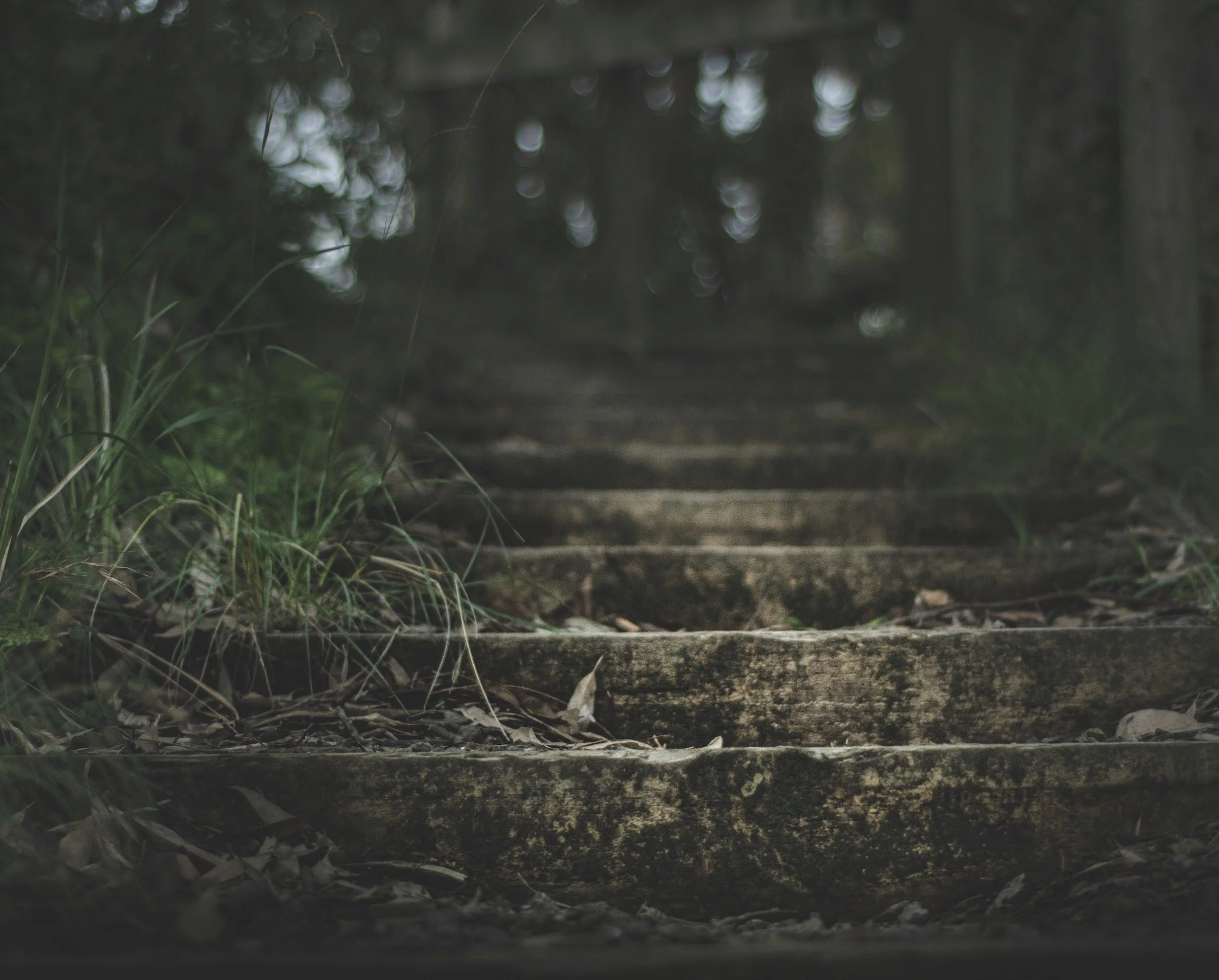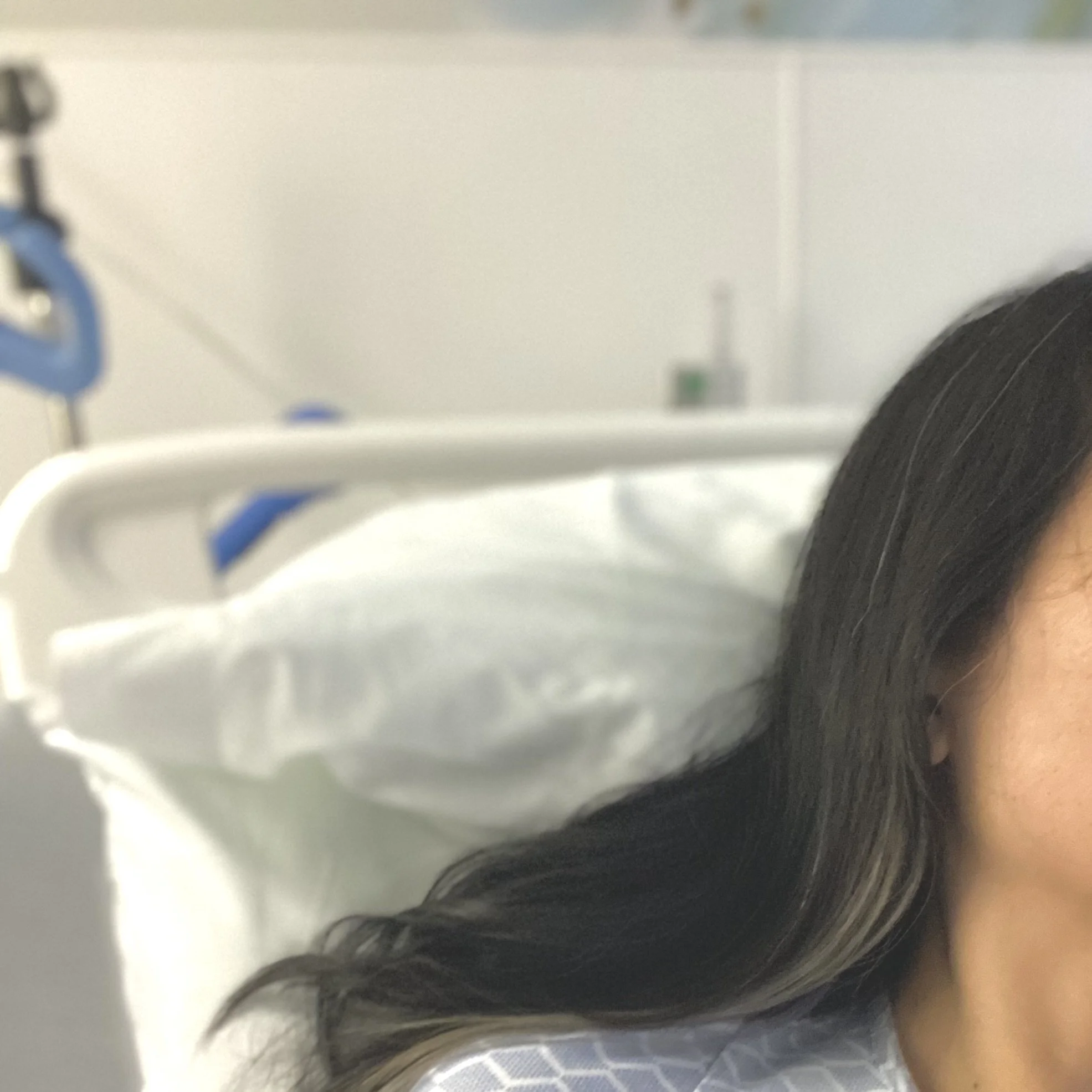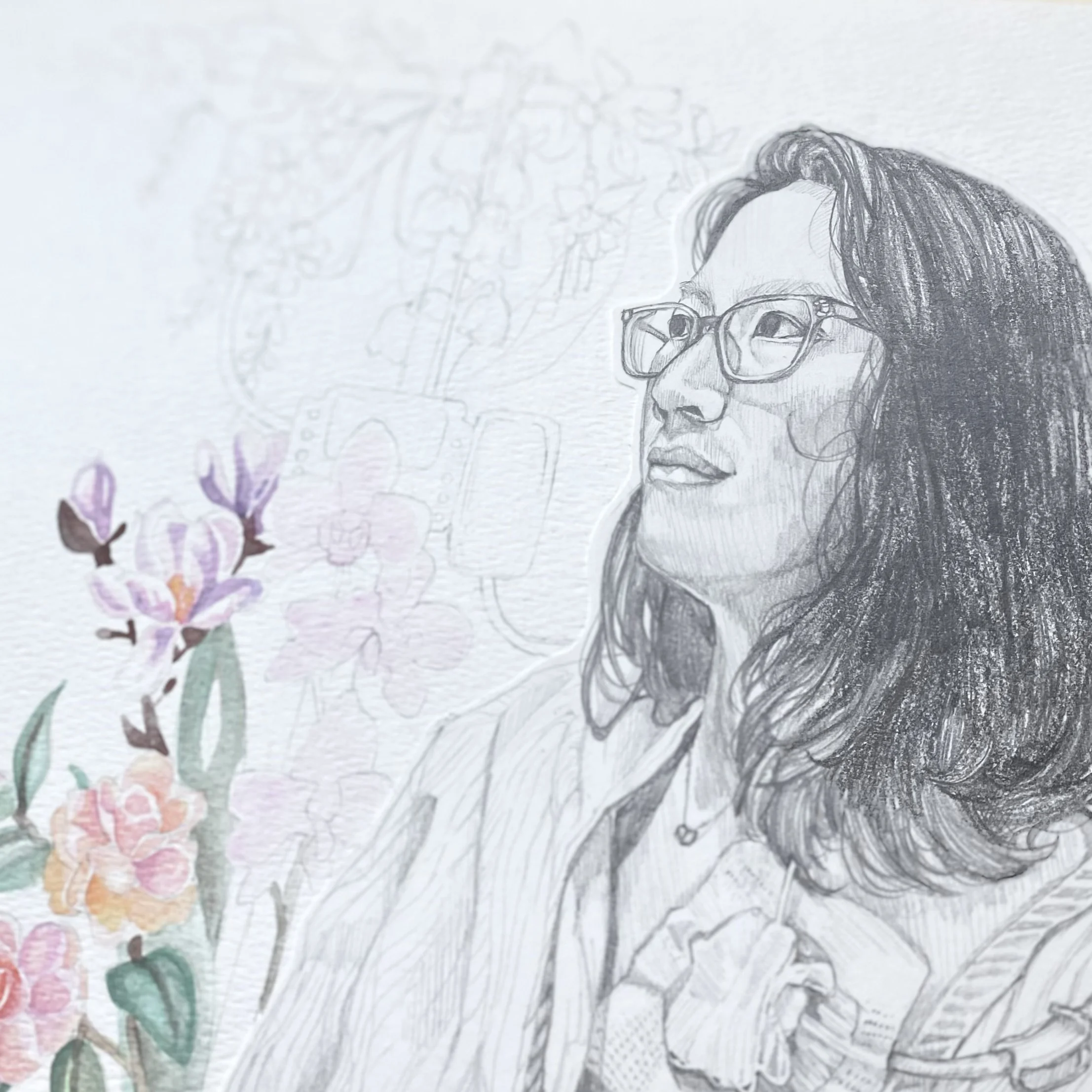Joys Within Reach
Blessed are you on this pain-filled day.
When getting out of bed deserves an award.
When you can’t remember what it feels like
not to be so aware of your own body.
When you arrange your weeks around limitations or side effects …
When the world feels too full of everyone else’s possibilities,
God, remind me of mine.
This body.
This day.
These joys within reach.
- Kate Bowler, “a blessing for if you are in pain”
I have not written because I am tired. I have nothing new to say, and I am tired. I am tired of burning eyes and a pounding head and skin so dry it bleeds and the wall of fatigue that hits like a wave. I am tired of portioning out what I can do like counting pennies on my palm. Most of all, I am tired of having to explain how I feel.
I think sometimes about the people on the first trial they did with this chemo drug. Would the toxicities be any better, they wondered, taking this new targeted chemotherapy over the traditional stuff? What they found was surprising, perhaps: yes, the targeted chemotherapy led to less alopecia, less neuropathy, and better work productivity. But there were no fewer “clinically significant toxicities,” and in fact, many were unable to finish the entire years’ worth of treatment, to the point where they designed a second trial before the first even ended. This second trial involves taking the targeted chemo for only four-and-a-half months and is the reason I have one dose of chemo left instead of twelve.
In other words, on this targeted stuff, you look more normal—you have your hair, you’re going to work—but there was enough internal damage that over a quarter of patients had to discontinue entirely, and another quarter required (like me) more than one dose reduction. Most of the side effects are considered reversible after treatment is stopped, so they didn’t seem all that important back when I first read these studies—but now, I think about those patients in that first trial. I can’t imagine getting through seventeen doses of this stuff; I’ve only had five, and I’m tired enough.
I went to the hospital the other day to visit a friend who for years sat one row behind us each week in church. He was diagnosed with leukemia around the time I was diagnosed with breast cancer, and perhaps it’s because we were both asymptomatic at the time of our diagnosis, but it felt from the start as if we spoke the same language, a blend of shock and dread and faith. I was admitted to the hospital to have the cancer cut out of my body the same week they started him on chemotherapy to wipe his from his bone marrow, and when they wheeled my bed by his room, he came out to hold my hand and we both cried. This was happening: this was for real.
I left after one night in the hospital; he went on to stay for ninety-seven more. During that particular visit, he was a few months in, and was updating me on the latest chemo cycle and neutropenic infection and bone marrow biopsy when in the middle of a quiet moment I asked how he was doing. “Too many, too close, too long,” he replied, and I knew what he meant.
On Passion Sunday, we ate a sprig of parsley dipped in salt water as part of a Seder experience: new life baptized in the salt of tears and sweat. At Stations of the Cross on Good Friday, the sanctuary was darkened, filled with the sound of hammers on nails, the smell of entombed myrrh, images of women waiting by the cross. Today on Easter Sunday, that same space was flooded with light and flowers and joyful song—again, life passed through sorrow, coated with it, birthed through it, and it seems to me like we live suspended in that transformation. Forever caught in some version of Holy Saturday, pressed by darkness and despair on one side, the promise of an unbelievable joy on the other. Will it never end?
My husband took the kids Saturday night on one of our favorite family outings, pizza dinner followed by an evening perusing books at Barnes & Nobles. It made me sad not to join, and I could tell they were a bit disappointed too, but it was like I was staring at one last penny on my palm: if I went, I’d probably be too tired for service the next day, so I stayed in. Sometimes living with the kids feels like being bathed in a steady stream of needs and demands, and I knew I needed a break.
But I was glad when they returned, our youngest clutching a new plush bunny, our oldest boy a book, and today we made it to church. We usually dress in pastels and take a family photo, an echo of East Coast traditions that bring people out in their finest for Easter—but I find I have no appetite for that this year. It’s a victory simply to be present, dragging myself out like someone bleary-eyed and blinking from the Saturday darkness. Yes, this will all end one day: can that be for real?
My friend and I have a motto we’ve come to live by: ODAAT. One Day At A Time. Today, he is finally home, with newly transplanted stem cells we’re praying continue to engraft. I’ve just finished my fifth infusion, with one more chemo dose left, followed by eleven immunotherapy infusions that will take me until Christmas to complete. His future is less certain: somehow, the possibility that he could be through the worst of it is as impossible to contemplate as what it would mean should the graft fail to take. But the future is not ours, not really: what we have is each granted day. Today, if I could, I would have taken my friend to some germ-free mountaintop at dawn, along with our families and the plush bunny, and we would have all watched the light break through the darkness, tired together, hopeful together.
Instead, I sat in church, too tired and dry-mouthed to sing, but imagining everyone else there was singing for me, and I felt glad for their voices, glad for their presence, glad for friends I could smile at from across the room even if I was too tired to walk over and talk. It is enough to be present, to feel the whisper of some future hope, and let myself be as tired as I need to be on this granted day.





